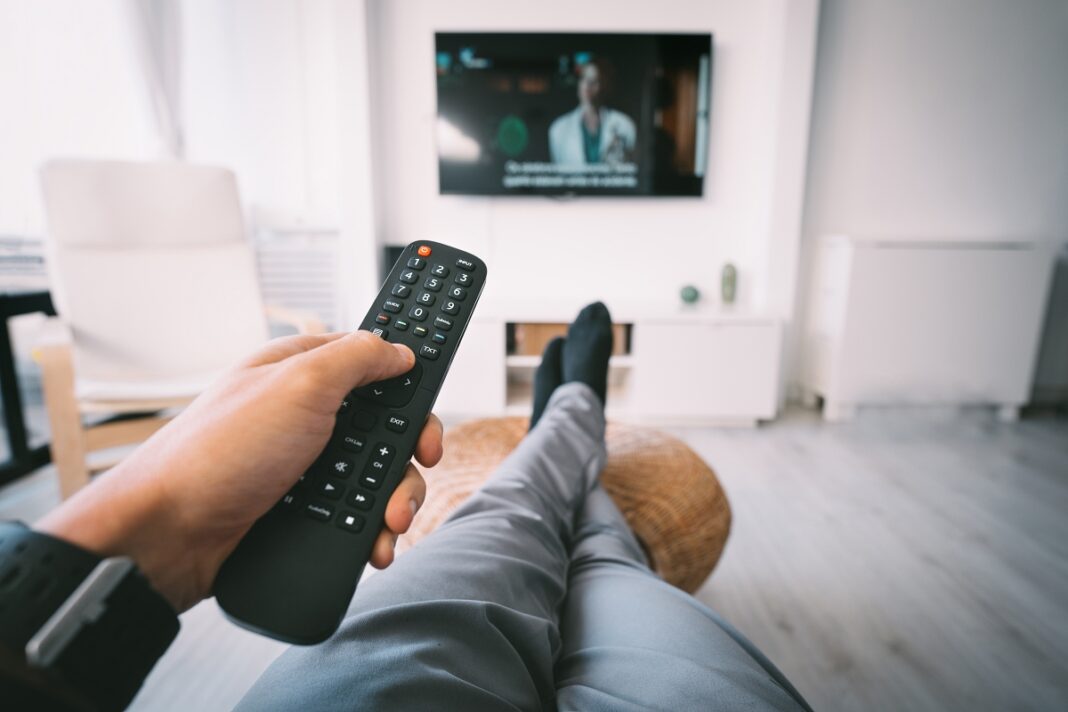I know you can’t answer me directly, but this is not intended to be an entirely rhetorical question: Does anyone else have trouble deciphering important lines of dialogue in movies or TV shows nowadays?
Be honest, has anyone replayed the crucial scene 4-5 times and looked blankly at everyone else on the couch and said, “I haven’t got a clue what he just said … but I sense it was a really critical to the plot.”
I’ve been curious to know if it’s just me. Have you ever noticed? seemed an obvious column in which to explore this problem further.
I decided to do a little research. It appears it may not be ‘just me’. I’m not sure if this revelation makes me feel better of not – there appear to be some logical reasons why at the end of episode five, when all has been revealed, I’m still not sure who killed the dead guy – because, although all has apparently been revealed – and despite replaying the crucial frames when the ‘possible’ confession was delivered/mumbled by the character I least expected to be a murderer – I still couldn’t make out what he said.
According to Vox journalist Edward Vega, this poor-quality dialogue sound phenomenon is real and there are three main reasons:
- Dynamic range: in simple terms, if you are mixing the sound for a movie, you have to make sure the explosions are louder than the voices because, well, to be realistic, the sound of a bomb dropping in your neighbours backyard is in real life quite a bit louder than the volume of me talking to our dog – this is called dynamic sound range.
- Naturalism in performance: Warner Brothers dialogue editor Austen Olivia Kendrick explains that movie sound technology has evolved, and we now have wireless microphones which can be put on actors, so they no longer need stand in one place and project; they can now be more natural and go about their craft with a new-found technique – mumbling. Apparently re-recording dialogue (ADR) after the shoot is not so simple for actors either; trying to lip sync their original mumbling performance to be even remotely understandable is, in Hollywood parlance, non-viable (equals too expensive ‘cos we make our money in the theatre, not in your lounge).
- Downmixing: movies are mixed and optimised for hi-tech theatres – eg Dolby Atmos – say for theatres with 128 channel sound systems. Then the producers ‘downmix’ for television or phones … DANGER! … 128 channel sound down to 1-2 channels will invariably mean ‘not clear’ sound.
As a friend recently pointed out to me, “you can’t even see the small speakers in your TV [or my phone either, I guess] – no wonder you couldn’t hear what the dude with the shooter was saying as he ran away. Get a home theatre surround sound system man.”
Have we really advanced, or have we actually gone backwards? … I always knew what the killer said when I watched my PYE* black and white television back in the day – now I have to buy a home theatre to find out who the killer is!
A recent survey of 1200 Americans showed half of them are using closed captioning most of the time when viewing movies and TV (this figure is even higher for Gen-Z’s at close to 70%), not just hearing-impaired people.
Although some are simply TikTok and Insta styles du jour – captions seem to be included by default on most posted video content I view daily – the biggest number of closed caption users use them because dialogue is just so hard to understand.
Consider this: I can always hear what the guy from Harvey Norman is yelling at me in their ads – even though I don’t want to know and it’s delivered with such lightning speed and incredible volume that I often feel a little bilious when I’m unexpectedly ambushed by him.
I hate saying this, but maybe the Harvey Norman guy should be dubbing the BBCs drama series – I know that means Tom Hardy will always have a loud Australian accent from now on, but at least we’d know he was innocent.
*Interesting local trivia: the PYE factory in Waihi was the first NZ company to commercially produce locally made NZ TVs in 1959.












